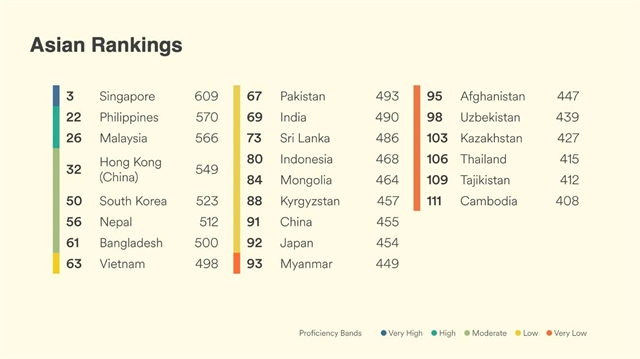 World
World

The leader of Mexico's ruling Institutional Revolutionary Party resigned Monday for "personal reasons" after it suffered a crushing loss in elections that swept the anti-establishment leftist Andres Manuel Lopez Obrador to power.
MEXICO CITY — The leader of Mexico’s ruling Institutional Revolutionary Party resigned Monday for "personal reasons" after it suffered a crushing loss in elections that swept the anti-establishment leftist Andres Manuel Lopez Obrador to power.
Rene Juarez, who spent less than three months in the post, oversaw the PRI’s worst election defeat since its founding in 1929.
"Today we have to ask ourselves... what is the real, profound transformation our party needs? I can only conclude that the PRI’s future transformation has to be as big as our current defeat," he said in a press conference.
He will be replaced by the party’s secretary general, Claudia Ruiz Massieu Salinas, niece of former president Carlos Salinas (1988-1994).
The PRI, long the dominant force in Mexican politics, ruled the country as a one-party state for 71 years, before losing power at the ballot box in 2000 to the conservative National Action Party (PAN).
It convinced voters to give it a second chance in 2012, when its handsome and charismatic presidential candidate, Enrique Pena Nieto, promised a new PRI of transparency and reforms.
But after six years of corruption scandals, disappointing economic growth and brutal violence fueled by the country’s powerful drug cartels, Mexicans punished the party severely in the July 1 elections.
Lopez Obrador won over 53 per cent of the vote, beating his nearest rival by more than 30 points – Ricardo Anaya of the PAN – and crushing the PRI candidate, Jose Antonio Meade, who finished a distant third with 16.4 per cent.
Lopez Obrador’s coalition – led by his recently founded party, Morena – also won a strong majority in both houses of Congress.
The PRI meanwhile saw its numbers plunge from 55 seats to 13 in the 128-member Senate, and from 203 seats to 45 in the 500-member lower house.
The PRI, which rebuilt itself after its defeat in 2000 partly by hanging onto power at the state level, also lost every one of day’s nine governor’s races. — AFP









